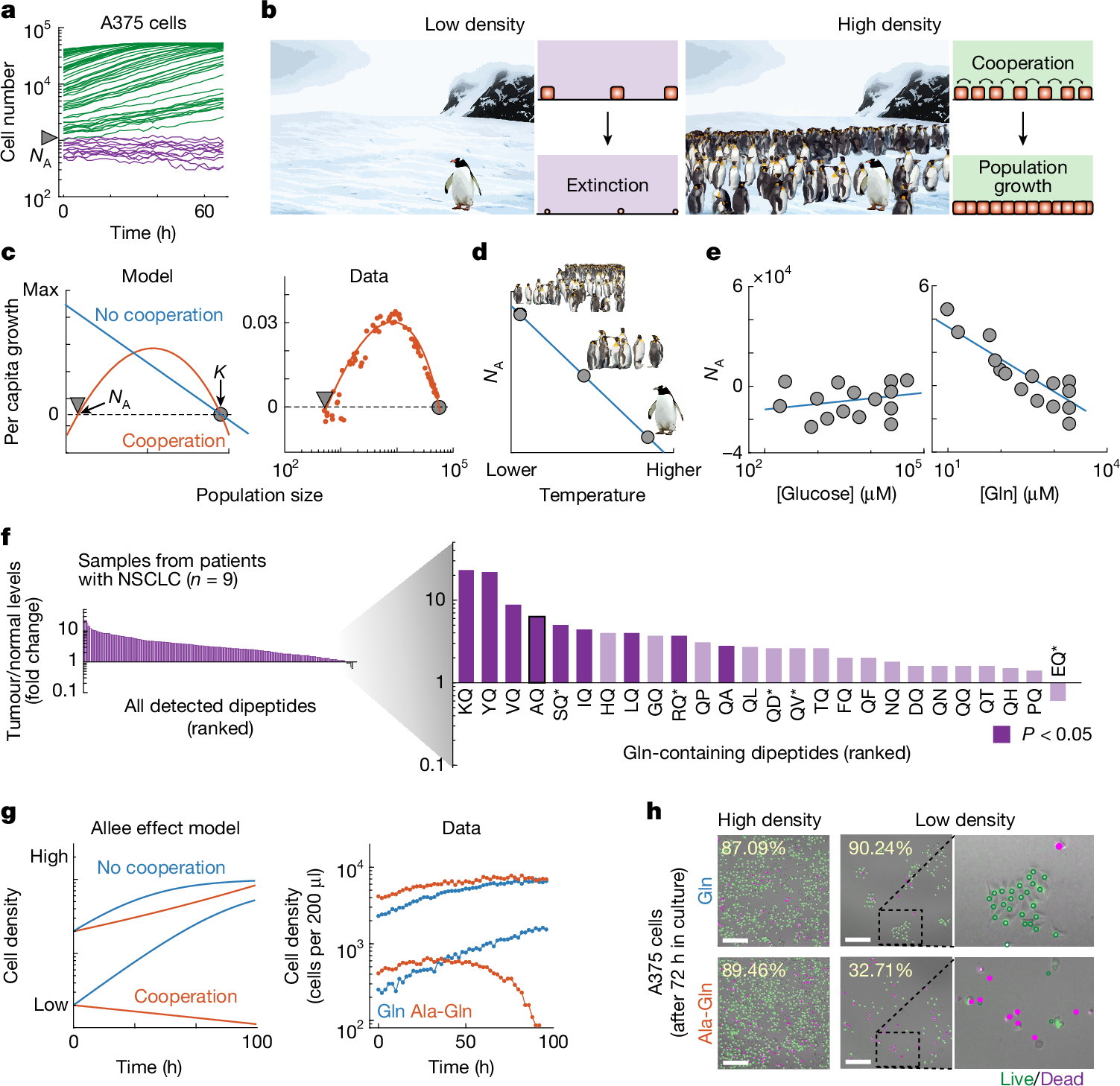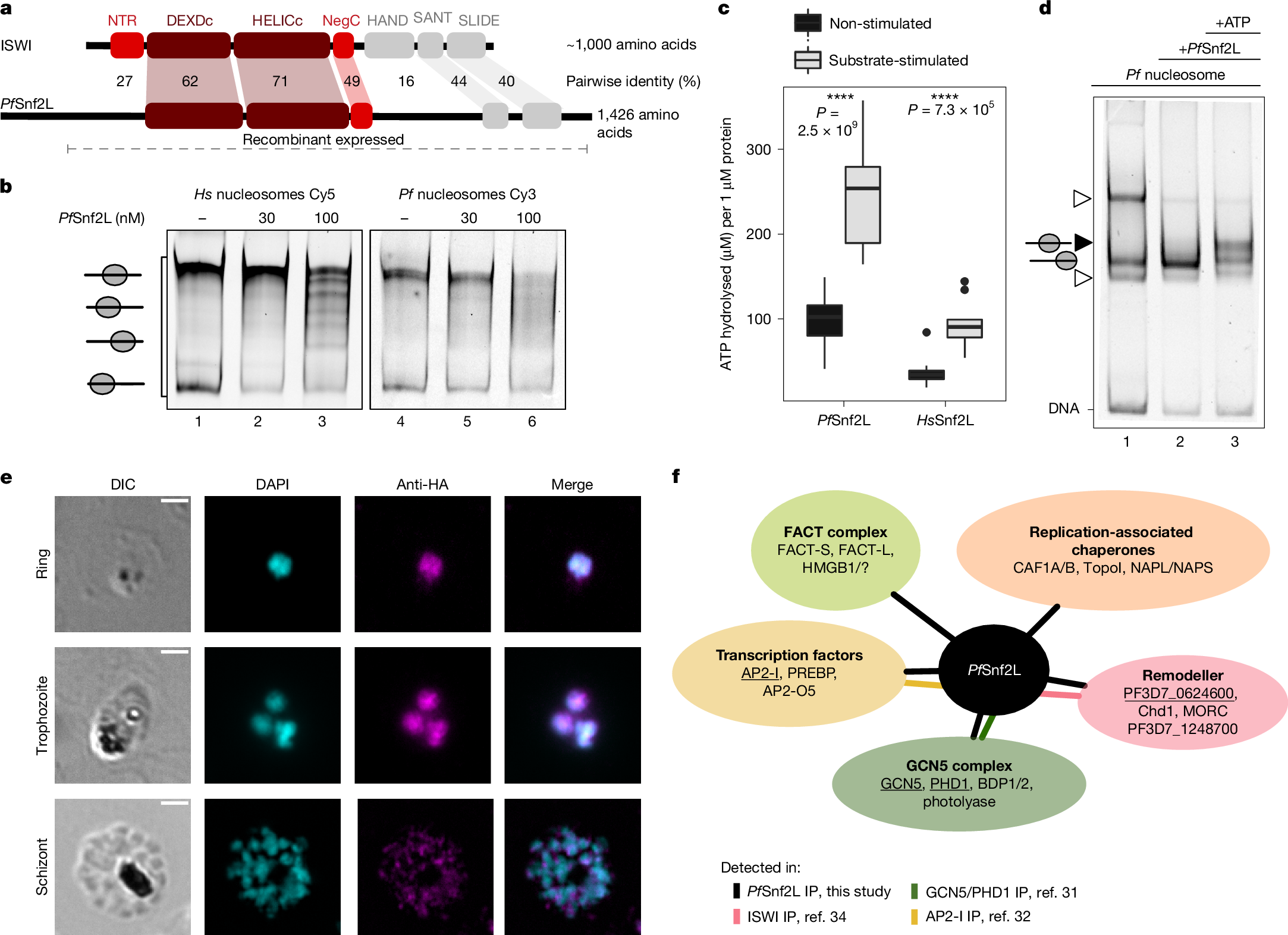2025-02-19 ニューヨーク大学(NYU)
<関連情報>
- https://www.nyu.edu/about/news-publications/news/2025/february/cancer-cells-cooperate-nature.html
- https://www.nature.com/articles/s41586-025-08588-w
協調的な栄養除去はがんにおける進化的優位性である Cooperative nutrient scavenging is an evolutionary advantage in cancer
Gizem Guzelsoy,Setiembre D. Elorza,Manon Ros,Logan T. Schachtner,Makiko Hayashi,Spencer Hobson-Gutierrez,Parker Rundstrom,Julia S. Brunner,Ray Pillai,William E. Walkowicz,Lydia W. S. Finley,Maxime Deforet,Thales Papagiannakopoulos &Carlos Carmona-Fontaine
Nature Published:19 February 2025
DOI:https://doi.org/10.1038/s41586-025-08588-w

Abstract
The survival of malignant cells within tumours is often seen as depending on ruthless competition for nutrients and other resources1,2. Although competition is certainly critical for tumour evolution and cancer progression, cooperative interactions within tumours are also important, albeit poorly understood3,4. Cooperative populations at all levels of biological organization risk extinction if their population size falls below a critical tipping point5,6. Here we examined whether cooperation among tumour cells may be a potential therapeutic target. We identified a cooperative mechanism that enables tumour cells to proliferate under the amino acid-deprived conditions found in the tumour microenvironment. Disruption of this mechanism drove cultured tumour populations to the critical extinction point and resulted in a marked reduction in tumour growth in vivo. Mechanistically, we show that tumour cells collectively digest extracellular oligopeptides through the secretion of aminopeptidases. The resulting free amino acids benefit both aminopeptidase-secreting cells and neighbouring cells. We identified CNDP2 as the key enzyme that hydrolyses these peptides extracellularly, and loss of this aminopeptidase prevents tumour growth in vitro and in vivo. These data show that cooperative scavenging of nutrients is key to survival in the tumour microenvironment and reveal a targetable cancer vulnerability.

